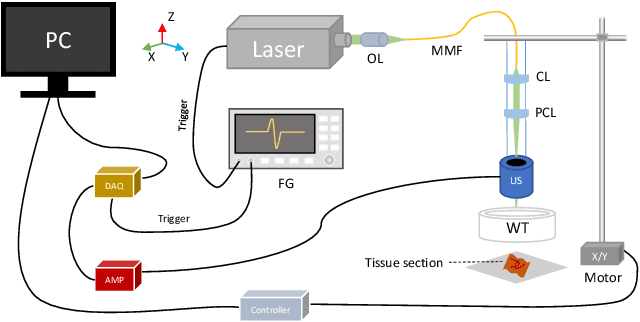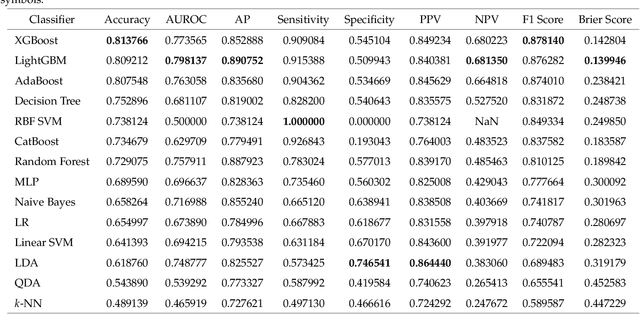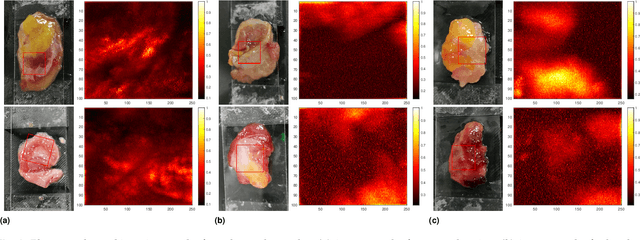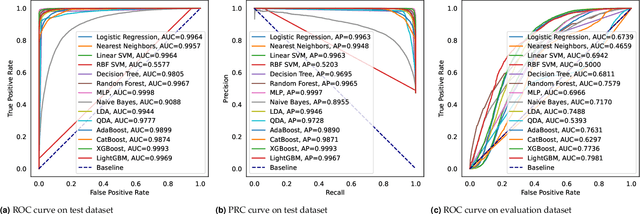Shangqing Tong
Review of photoacoustic imaging plus X
Sep 06, 2023Abstract:Photoacoustic imaging (PAI) is a novel modality in biomedical imaging technology that combines the rich optical contrast with the deep penetration of ultrasound. To date, PAI technology has found applications in various biomedical fields. In this review, we present an overview of the emerging research frontiers on PAI plus other advanced technologies, named as PAI plus X, which includes but not limited to PAI plus treatment, PAI plus new circuits design, PAI plus accurate positioning system, PAI plus fast scanning systems, PAI plus novel ultrasound sensors, PAI plus advanced laser sources, PAI plus deep learning, and PAI plus other imaging modalities. We will discuss each technology's current state, technical advantages, and prospects for application, reported mostly in recent three years. Lastly, we discuss and summarize the challenges and potential future work in PAI plus X area.
Machine-Learning-based Colorectal Tissue Classification via Acoustic Resolution Photoacoustic Microscopy
Jul 17, 2023



Abstract:Colorectal cancer is a deadly disease that has become increasingly prevalent in recent years. Early detection is crucial for saving lives, but traditional diagnostic methods such as colonoscopy and biopsy have limitations. Colonoscopy cannot provide detailed information within the tissues affected by cancer, while biopsy involves tissue removal, which can be painful and invasive. In order to improve diagnostic efficiency and reduce patient suffering, we studied machine-learningbased approach for colorectal tissue classification that uses acoustic resolution photoacoustic microscopy (ARPAM). With this tool, we were able to classify benign and malignant tissue using multiple machine learning methods. Our results were analyzed both quantitatively and qualitatively to evaluate the effectiveness of our approach.
Score-based Generative Models for Photoacoustic Image Reconstruction with Rotation Consistency Constraints
Jun 24, 2023Abstract:Photoacoustic tomography (PAT) is a newly emerged imaging modality which enables both high optical contrast and acoustic depth of penetration. Reconstructing images of photoacoustic tomography from limited amount of senser data is among one of the major challenges in photoacoustic imaging. Previous works based on deep learning were trained in supervised fashion, which directly map the input partially known sensor data to the ground truth reconstructed from full field of view. Recently, score-based generative models played an increasingly significant role in generative modeling. Leveraging this probabilistic model, we proposed Rotation Consistency Constrained Score-based Generative Model (RCC-SGM), which recovers the PAT images by iterative sampling between Langevin dynamics and a constraint term utilizing the rotation consistency between the images and the measurements. Our proposed method can generalize to different measurement processes (32.29 PSNR with 16 measurements under random sampling, whereas 28.50 for supervised counterpart), while supervised methods need to train on specific inverse mappings.
 Add to Chrome
Add to Chrome Add to Firefox
Add to Firefox Add to Edge
Add to Edge